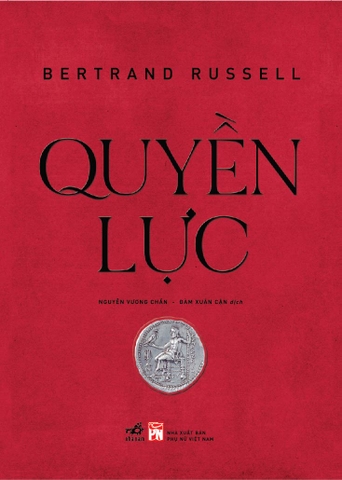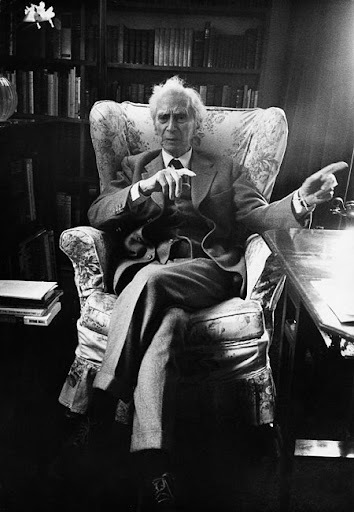What do you think?
Rate this book


356 pages, Paperback
First published October 1, 1938
«برای جهان امیدی نیست، مگر آن که بتوانیم قدرت را مهار کنیم و آن را نه در خدمت این گروه یا آن جبار متعصب، بلکه در خدمت تمامی نوع بشر به کار بگماریم، از سفید و زرد و سیاه، فاشیست و کمونیست و دموکرات، زیرا که علم وضعی پیش آورده است که یا همه بمانند یا همه بمیرند». ص 51
«زندگی اجتماعی اگر بخواهد آرزوهای اجتماعی را برآورَد باید بر اساس فلسفه ای استوار شود که از عشق به قدرت برنخاسته باشد». ص 276

"One of the chief emotional differences is that some human desires, unlike those of animals, are essentially boundless and incapable of complete satisfaction.", strong evidence of his grasp of human frailties. Conversely, in the last few chapters, he almost exhibits a child-like understanding of how power, in a democracy no less, can be ‘good’ (or not horribly, terrifyingly ‘bad’). If voters can be duped by rudimentary 1930s propaganda, could he not guess at the state of affairs of his future, our present? As an aside, how ‘social’ media affects today’s would-be voters escapes me, most have a fucking computer with them at all times (they call it a ‘phone’), can they not look up the issues important to them and become informed on their own?